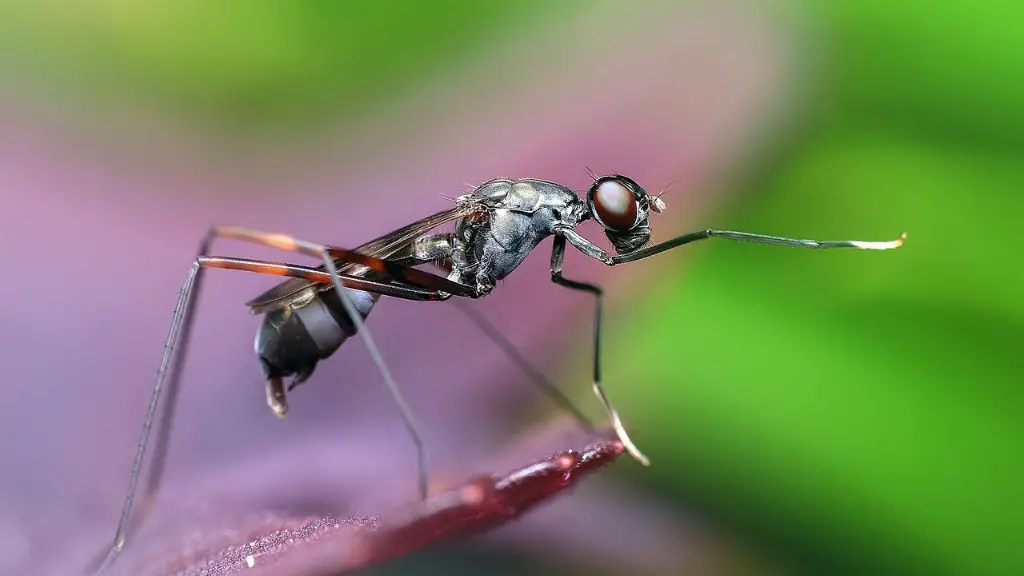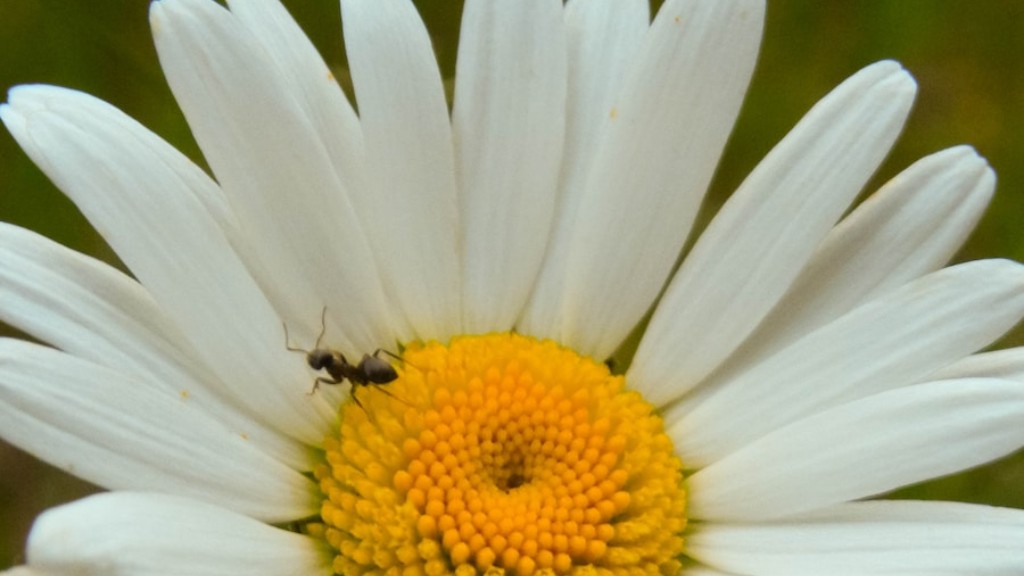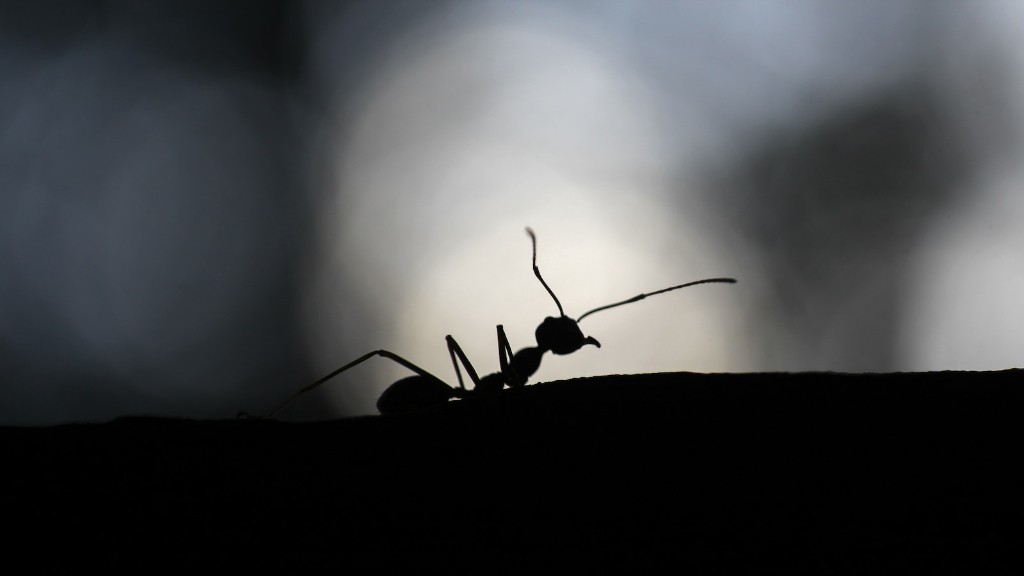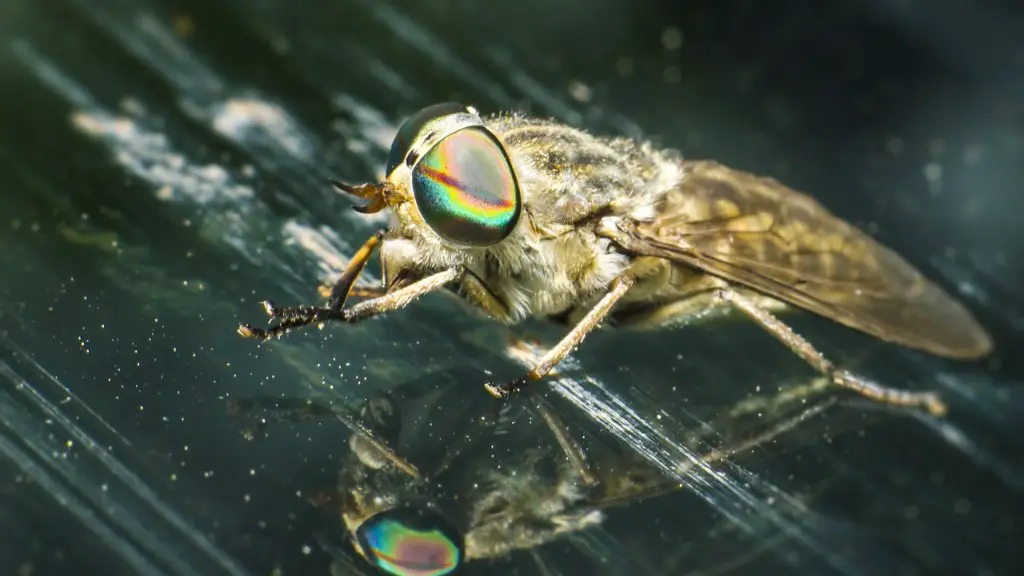With their notorious knack for infiltrating your home, ants are one of the most invasive pests around. No matter where you live, you’re sure to have encountered these little pests at some point. So what is it about their behavior that brings them indoors in such vast numbers?
Experts in the field point to a few key characteristics that have made ants so successful in becoming an unwelcome part of many people’s homes. Their size, combined with their relentless work ethic, means that they can access even the most minuscule of crevices and holes in order to gain access to your home. More importantly, ants have remarkable memories, meaning that once they’ve discovered a food source, they will come back again and again, bringing all their little friends along with them.
But what is it that leads ants toward your food and other items of interest in the first place? Ants are attracted to sweet and sugary foods, and much like other pests, they can use the scent of food to detect where the next meal might be found. This is why it is so important to remember to wipe down whatever surfaces your food was on, and to keep it sealed in an airtight container when not in use.
However, it is not just food that attracts ants; these little critters also have a penchant for moisture. A damp area around the house provides ants with the perfect conditions in which to lay eggs and rear their young, as well as giving them access to water and food they might not normally be able to get. This is why it is so important to make sure your home is not harboring any moist areas, as this can significantly reduce ant infestations.
Finally, it is worth noting that the presence of other insects in your home can also aid the spread of ants. Both ants and other insects such as moths and roaches feed off one another for survival and can travel together to various areas. So, if you are seeing ants, it could be a sign that you may have an infestation of another type of insect and should take measures to check for this.
Necessary Control Measures
If you are faced with an ant infestation, it is important to remember that a few simple steps can help to prevent their spread. Keeping your home clean and free of food debris, particularly sugary and sweet items, is vital to preventing ants from entering or returning. By regularly vacuuming and mopping, you can reduce the chances of creating an attractive environment for ants to settle in.
Additionally, it can be helpful to seal up any holes or crack in the walls or floors. Ants are adept at finding tiny crevices to sneak through, so reducing the potential access points can be quite beneficial. You can also use various insecticides or sprays to create a barrier around the perimeter of your home, as this can help to keep any ants that might attempt to move in at bay.
The most important thing to remember with ants is that prevention is the best way to go. Taking the time to block up any tiny entry points, keep your food sealed and eliminate any dampness can have a huge effect on reducing ant populations in your home.
Natural Alternatives
For those looking for a more natural approach there are also a number of useful methods to help ward off ants. These include using essential oils such as peppermint or tea tree oil, or even spreading salt or coffee grounds around the perimeter of your home. Some people swear by the use of lemon, as the acidic properties of the citrus can be too much for ants to bear.
Herbs such as rosemary, thyme and lavender can also be extremely effective in keeping ants away, as the herbs’ strong aromas can act as a deterrent. Additionally, planting any of these herbs in containers or window boxes around the outside of your home can help to protect it from any ant entry points.
Finally, the use of natural insecticides, such as diatu mousses, can be an effective way to rid your home of ants without having to resort to potentially harmful chemical products. These natural insecticides work by targeting the ants’ pheromone-releasing system, which then causes the ants to head back to their colony, never to return.
Preventing An Infestation
Finally, it is worth noting that the best way to deal with any ant infestation is to simply take preventative measures. This can be as simple as remembering to always store food in airtight containers, or wiping down any surfaces that have been in contact with foods or liquids. It is also important to keep an eye out for any damp spots in your home, as these can be breeding grounds for ants, and seal any cracks or holes in the walls or floors.
If you suspect an ant infestation, it is important to be mindful of the type of ant that you are dealing with. Some species of ant are not just an annoyance, and can actually cause considerable collateral damage, as well as pose a health risk to humans. Therefore, if you think you may have a particularly large ant infestation, it can be a good idea to seek professional advice.
Solutions for Outdoor Areas
For those looking to prevent an ant infestation from happening outdoors, there are a number of solutions. The application of various insecticides to the lawn and garden can help to deter ants from entering your home through the garden. Additionally, it can also be helpful to ensure that all possible access points are sealed off, such as any irregularities in the paving and walls, or any gaps in door and window frames.
Finally, it is a good idea to regularly mow the lawn and trim back any overgrown shrubbery, as these can create a dark and moist environment in which ants can thrive. Additionally, planting certain flowers and herbs, such as dill and mint, can help to keep ants away and create a pleasant smell for your garden.
Commercial Solutions
For those who may need a more comprehensive solution, there are a number of professional pest control companies who can help. These can offer a range of treatments, including gels and sprays, to help keep ants at bay and contain any infestations.
Additionally, many companies can also provide heat treatments, which use extreme heat to kill off any ants or other insects that may be hiding in the walls, floors and furniture. This method is particularly useful for those who may face a major infestation, as the heat will be able to penetrate areas that would otherwise be difficult to reach.
As a final note, it is worth remembering that prevention is always the best option. Keeping an eye out for signs of moisture and sealing up any holes or cracks can have a huge effect in reducing the chances of an ant infestation taking hold in your home.
Ant Baiting
One of the most effective methods for dealing with ant infestations is ant baiting. This involves placing small amounts of food laced with ant bait around the home. The ants are attracted to the food and consume the bait, which works by interfering with their ability to absorb nutrients. As a result, the ants die off and the infestation is eliminated. This method can be especially effective for those who may not want to use chemicals or other methods.
However, it is worth noting that ant baiting is not a perfect solution. It is important to use the right type of bait and to ensure that it is placed in the right spots around the home, in order to be the most effective. Additionally, it is a good idea to monitor the area to make sure the bait is working and bait refills may be needed to ensure that the ants continue to take the bait.
It is also important to remember that it can take up to several weeks for the baiting technique to fully eradicate the ants, as the remains of the bait need to be taken back to the nest for the ant population to be properly controlled.





